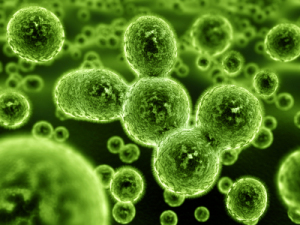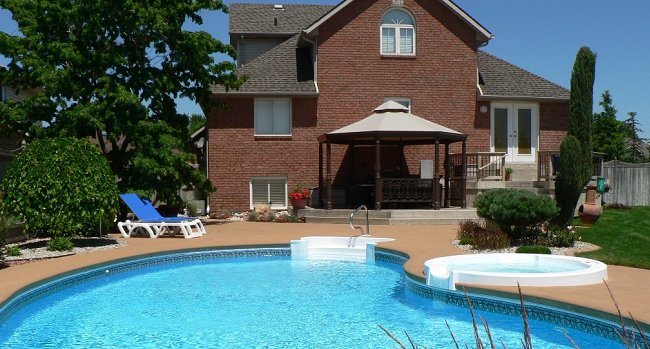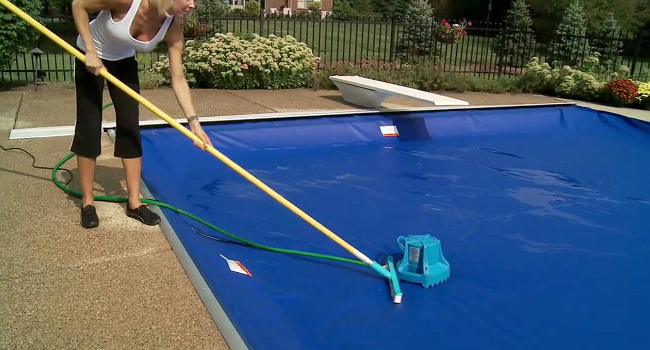With so many types of home water filters on the market, it can be hard to decide which one is right for you. Some water filter systems promise to improve taste and other water filters claim they remove contaminants or impurities. Which type do you need, or for that matter, do you even need a water filter?  Take this quiz to test your water safety knowledge. You may be surprised how much you didn’t know about the water you are drinking!
1) Tap water from a municipal source is always better for you than well water.
False. Many town water supplies are treated with chlorine to kill off any germs or water-borne infectious diseases that may be present in the water. Exposure to too much chlorine, however, can have serious side-effects because chlorine kills off the good bacteria in your body along with the bad bacteria, thus reducing your immunity and making you prone to infections including thrush or an intestinal fungus called Candida.
Your body also absorbs chlorine through your skin when you take a shower or bath in water treated with chlorine or swim or soak in a chlorinated pool or hot tub. To reduce exposure to chlorine in your household water supply, experts recommend installing a water filter system in your kitchen and a shower filter in your bathroom.
2)  A water softener system improves the quality of water by removing contaminants.
ÂÂ
False. Water softeners are used to lower levels of calcium and magnesium found in “hard†water — which can build up in plumbing and fixtures and lead to corrosion — and to lower levels of barium and certain forms of radium. However, water softeners do not remove most other contaminants.  Also, since water softeners usually replace calcium and magnesium with sodium, the treated water is typically higher in sodium, which can be a real health concern for certain people. For the same reason, water softener treated water is also not recommended for watering plants and gardens!
3)  An ultraviolet water treatment system can be used to kill bacteria and other harmful microorganisms.
 True. UV systems are a very reliable way to disinfect water. The treatment works because UV light penetrates an organism’s cell walls and disrupts the cell’s genetic material, making reproduction impossible.
True. UV systems are a very reliable way to disinfect water. The treatment works because UV light penetrates an organism’s cell walls and disrupts the cell’s genetic material, making reproduction impossible.
Unfortunately, UV systems cannot remove chemical contaminants or other components that can be found in drinking water. If your home gets its drinking water from a well or another source (such as a lake), a water filter system used in conjunction with a UV system is very effective way to both disinfect and remove chemicals from your drinking water.
4)  Bottled water is always better than tap water, even if the tap water has been filtered.
ÂÂ
False. If your tap water has an objectionable odor or taste, bottled water will likely be an improvement.  But in regards to chemical or bacteriological safety, municipal tap water is better regulated and tested more frequently than bottled water. In addition, many bottled water makers don’t fully disclose the source or the purity of their water.  And although some bottled water comes from pristine springs, 25% is actually municipal water that’s been purified! In fact, you can get the same results by using a home water filter to enhance the flavor and smell of your tap water and remove contaminants like lead from the pipes.
Many consumers have stopped using bottled water for health reasons because they are concerned about exposure to chemicals like BPAs and phthalates that are used in plastic. Other reasons why bottled water is falling out of favor include the high cost and the environmental impact of all of those empty bottles in the waste stream.
5)  The best way to determine what chemicals and contaminants are in your tap water is to have it tested by reputable water testing company.
True. Whether you have well water or municipal water, the best way to learn about the quality of the water coming out of your tap is to have it tested by state-certified testing labs or by your local health authority, which might offer low-cost or free test kits. The EPA’s Drinking Water Laboratory Certification Program can be used to find a reputable water testing lab in your area.
Remember that it’s important to know what contaminants are in your water that so you can match the right water filter to your particular problem.  Some home water filter systems, like the New Wave Premium 10 Stage Water Filter, use multiple layers of different filter materials to remove the most damaging chemicals and contaminants.






Sharon Reams
Excellent information shared by Cathy. It was great to read the article with full of healthy tips. I always used to filter water before drink and shower. I also know that most of us are not aware of this. But I am going to share them I know. Thanks